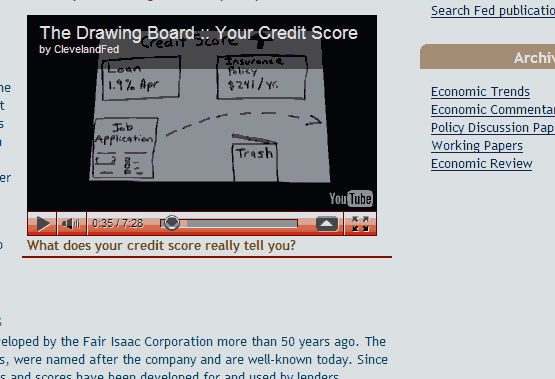Consumer reporting agencies TransUnion, Equifax and Experian all state that they do not provide credit scores for employment purposes. Author and SmartCredit.com writer John Ulzheimer calls the notion that employers use credit scores the myth of the decade. Lester Rosen, president of Employment Screening Resources (ESR) and a qualified employment screening expert calls it an urban myth.
Here’s how the rumor spreads. This is seedy, so wear your boots.
Today, the headline “Government and Private Employers Check Credit Scores” appears on a popular news search website. The headline comes from pressreleasemag.com, a domain created only two months ago. The January 12 story begins with this paragraph: “More and more employers especially in the government sector… finding a new job, because their credit score is low.”
Those are the same, exact 93 words, found on CreditCardGuide.com in a story dated January 9.
CreditCardguide.com has not responded.
The following is unrelated to employers and credit scores, but is too intriguing to pass up. The pressreleasemag.com story continues in the second paragraph: “On account that credit is a nebulous number… free annual credit reports I could keep up.”
So, there are 92 more words that are exactly the same as another press release on another website.
Next paragraph: “However, cards with a flexible spending limit, while convenient, can present… preferably under 30 percent and ideally at 10 percent to 20 percent.”
That’s a new twist. 85 of the words in that paragraph are exactly the same as an 87-word paragraph in a December 27 story on CreditCardGuide.com. But whoever is doing the deed at pressreleasemag.com changed the last two words. They actually did some real work— such as it is.
Next paragraph: “That rankles a lot of people, but what really annoys … will use when you apply for a loan.”
Ouch. The big Kahuna. Gannett’s USA TODAY was the victim this time; 81 words.
Finally: “The Equifax website has a lot of information about not only free, but discounted… prices vary but all are less than the $10.50 the bureau normally charges for a single report.)”
75 words. Victim: AOL.
